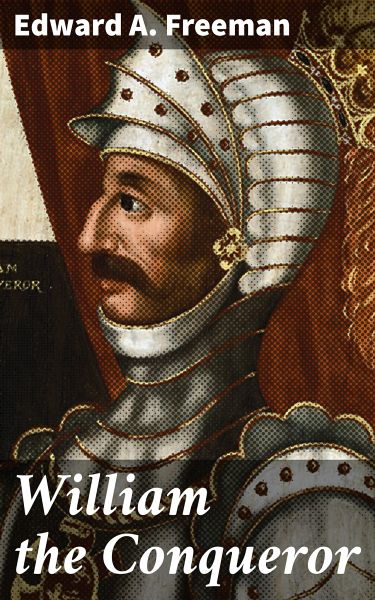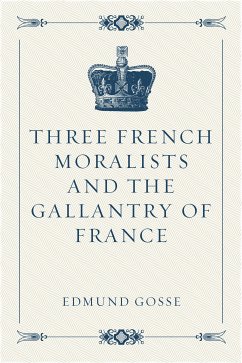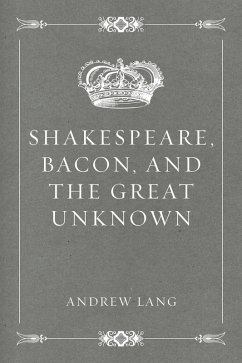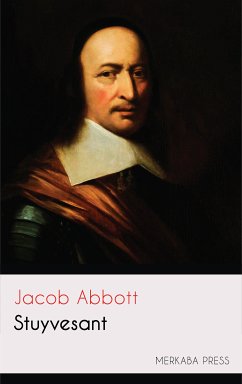
William the Conqueror (eBook, ePUB)
Enriched edition. The Iconic Conqueror: A Scholarly Exploration of William's Legacy and Impact on English History
Kommentar: Rees, Blake / Redaktion: Good Press
Versandkostenfrei!
Sofort per Download lieferbar
0,49 €
inkl. MwSt.
Weitere Ausgaben:

PAYBACK Punkte
0 °P sammeln!
In "William the Conqueror," Edward A. Freeman presents a meticulously researched and vibrant account of one of history's pivotal figures. Through a blend of narrative and analysis, Freeman explores the life and times of William I, examining the intricacies of his ascent from Duke of Normandy to King of England. The book is steeped in the rich tradition of 19th-century historiography, characterized by Freeman's eloquent prose and a keen emphasis on contextual detail, particularly the sociopolitical landscape of medieval Europe. His investigation delves into the Norman Conquest of 1066, illumina...
In "William the Conqueror," Edward A. Freeman presents a meticulously researched and vibrant account of one of history's pivotal figures. Through a blend of narrative and analysis, Freeman explores the life and times of William I, examining the intricacies of his ascent from Duke of Normandy to King of England. The book is steeped in the rich tradition of 19th-century historiography, characterized by Freeman's eloquent prose and a keen emphasis on contextual detail, particularly the sociopolitical landscape of medieval Europe. His investigation delves into the Norman Conquest of 1066, illuminating its transformative impact on English society, governance, and culture. Edward A. Freeman, a distinguished historian and a key figure in 19th-century academia, was deeply influenced by his interest in medieval history and Anglo-Saxon culture. His scholarly environment and profound understanding of contemporary political thought provided a fertile ground for his exploration of William's legacy. Freeman's other works reflect his commitment to historical accuracy and narrative elegance, allowing readers to appreciate the depth of his scholarship in this particular narrative. This book is an essential read for anyone intrigued by medieval history, kingship, and the origins of modern Britain. Freeman's authoritative voice, coupled with his rich storytelling, offers insights that resonate well beyond the pages, making it a valuable resource for historians and general readers alike. In this enriched edition, we have carefully created added value for your reading experience: - A succinct Introduction situates the work's timeless appeal and themes. - The Synopsis outlines the central plot, highlighting key developments without spoiling critical twists. - A detailed Historical Context immerses you in the era's events and influences that shaped the writing. - A thorough Analysis dissects symbols, motifs, and character arcs to unearth underlying meanings. - Reflection questions prompt you to engage personally with the work's messages, connecting them to modern life. - Hand-picked Memorable Quotes shine a spotlight on moments of literary brilliance. - Interactive footnotes clarify unusual references, historical allusions, and archaic phrases for an effortless, more informed read.
Dieser Download kann aus rechtlichen Gründen nur mit Rechnungsadresse in A, B, BG, CY, CZ, D, DK, EW, E, FIN, F, GR, H, IRL, I, LT, L, LR, M, NL, PL, P, R, S, SLO, SK ausgeliefert werden.













